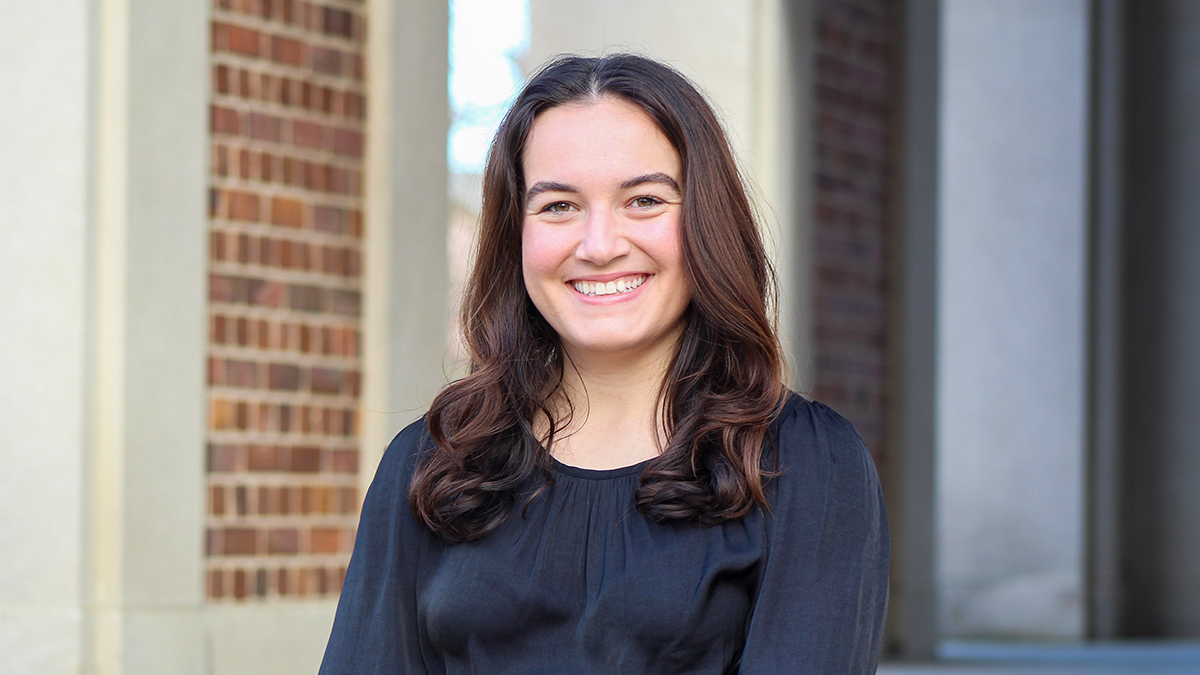Historic conference, historic challenge
The Hawking Radiation Conference, co-sponsored by Carolina, brings together the world's leading physicists to try to tackle a fundamental challenge — the information loss paradox.
Six days weren’t enough to solve a problem that has stumped physicists for 40 years. Still, the week-long Hawking Radiation Conference in Stockholm, Sweden was productive.
“UNC-Chapel Hill has been so fortunate because we have been able to co-sponsor this historic conference with some of the greatest institutes of theoretical physics in the world,” UNC-Chapel Hill Chancellor Carol L. Folt said.
Thirty-two of the world’s leading physicists gathered in Stockholm in late August to try to tackle a fundamental physics challenge called the information loss paradox.
“In science, having disagreements is considered more successful than having an agreement because that’s how discoveries are made,” said Laura Mersini-Houghton, associate professor of theoretical physics in the College of Arts and Sciences at Carolina and the initiator and main organizer of the conference. “Science relies heavily on scrutiny. If we all agree on one point of view, then that door is shut. There is no room left for inquiry.”
Physicists have long debated whether the information about incoming particles is lost from the universe forever or whether bits of this information continue to exist in some form.
According to Einstein’s theory of relativity, a star collapsing under the weight of its own gravity disappears entirely into a black hole with a singularity – or a point where gravity and space-time curves become infinite – at its center. As a result, Einstein’s theory holds, any particle would fall into a black hole and disappear forever. Quantum mechanics, on the other hand, states that information can be recovered from a black hole in some form through something called Hawking radiation.
The dozens of presentations and hours of discussions during the conference didn’t settle the debate on the issue, but they did open the door to potentially solving the question in the future.
“From this discussion that took place in Stockholm, even if consensus wasn’t reached, there are many more research questions that now are on the table,” said Kevin Guskiewicz, senior associate dean for natural sciences in the College of Arts and Sciences, who attended the conference. “So the world’s leading scientists will go back to their laboratories all over the world and begin to reflect on what happened and answer these questions.”
A highlight of the conference came when one of the world’s best-known physicists, Stephen Hawking, emeritus Lucasian Professor and Dennis Stanton Avery and Sally Tsui Wong-Avery Director of Research in the Department of Applied Mathematics and Theoretical Physics at the University of Cambridge, announced a completely new solution to the information loss paradox.
Hawking, who has dedicated his career to studying black holes, told his fellow physicists that information lost in a black hole doesn’t disappear entirely but is instead stored on the edges of the black hole, in a place called the event horizon. A symmetry of space-time outside the black hole, known as a ‘supertranslation,’ passes that information from the horizon to a far away observer like a traveling ripple.
The field of theoretical physics has changed significantly since Hawking and his contemporaries helped define it four decades ago. Mersini-Houghton wanted to bring them together for a lengthy, in-person discussion to ignite new ideas and to make sure the work in the field is passed along completely to the next generation of physicists.
“It was very important that when that group of people passes the torch to the next generation, the story of Hawking Radiation and black holes and information loss is absolutely clear, so that whoever works on this field from now on will be able to know what the correct way of thinking is,” Mersini-Houghton said.
“[The conference] certainly was a great success,” Guskiewicz said. “We’ve moved the needle in the right direction, and UNC should feel very proud about what happened in Stockholm.”
The Hawking Radiation Conference was co-sponsored by UNC-Chapel Hill along with the Nordic Institute for Theoretical Physics (Nordita), co-hosted by KTH Royal Institute of Technology and Stockholm University; the Centre for Theoretical Cosmology at the Department of Applied Mathematics and Theoretical Physics at the University of Cambridge; and The Julian Schwinger Foundation.




